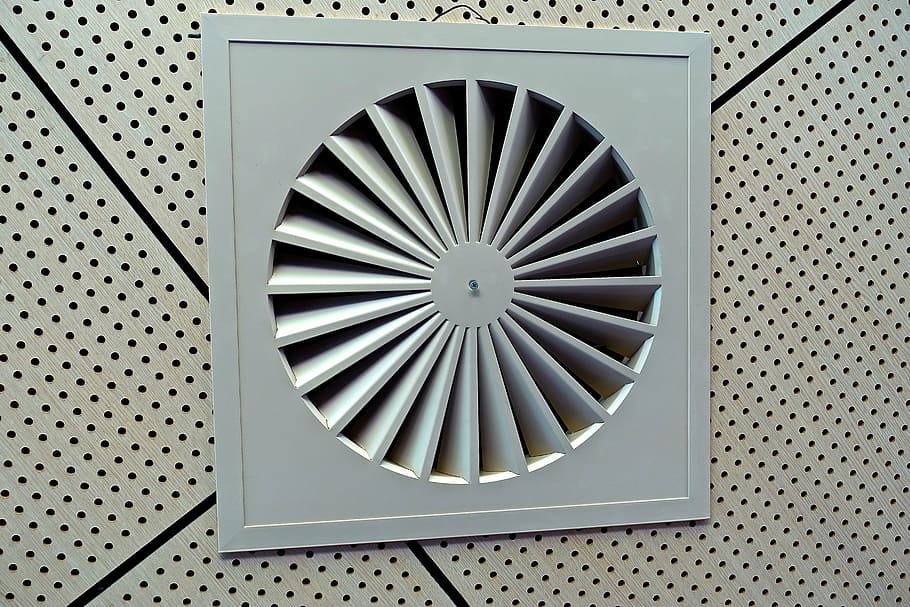Why Your Sacramento Home Needs Exhaust Fans

Fans have been a fixture of American homes for centuries. But the box fans and ceiling fans you may be using to move heated and air-conditioned air in your home are only the tip of the iceberg. There are other fans your home has — or should have — and it’s important that you use them. They contribute to indoor air quality, they can save money on heating and air conditioning, and they can also protect your system, helping to prevent New Window Sacramento HVAC repairs down the road.
Bathroom Fan
If you don’t use any of your home’s other fans, you should be using your bathroom fan religiously. Sure, it’s useful for removing offensive odors. But it’s doing much more than that. Your bathroom fan should be running every time you take a shower or bath, or if you’re running the water for extended periods of time. In the summertime, the bathroom fan keeps the bathroom cooler, since the warm air that rises to the ceiling is being vented directly outdoors. What’s more, moisture is vented out too; that helps to prevent the growth of mold and mildew.
Range Fan
Cooking is fun, but it’s also often sweaty and stinky work. We don’t mind some smells wafting through the house (an apple pie or fresh-baked cookies always smell like home), but your signature fried fish can quickly wear out its welcome. Your range fan helps to get rid of cooking odors, steam, airborne cooking grease, and more. They’re also great for regulating temperature and improving air quality in the kitchen.
Other Types of Exhaust Fans
Your HVAC system can get an important boost from other types of exhaust fans. If your home doesn’t have these, they’re worth considering.
- Attic fans pull hot air out of your attic more effectively than the passive cooling methods used in most homes, giving your central air a valuable assist.
- Basement and crawl space fans control humidity, preventing mold and mildew growth and preventing pests.
- Garage and workshop fans prevent the buildup of hazardous fumes and improve overall air quality.
- Room-to-room and level-to-level fans even out indoor temperatures, and can be useful for rooms that are used less frequently.
- Booster fans aren’t usually used for exhaust, but they’re good for improving airflow through registers where needed.
Exhaust Fan Tips
Renovating, or replacing old exhaust fans? There are a few simple steps to ensure good choices and reliable performance.
- Measure your room by volume, since exhaust fans are rated by their capacity in cubic feet per minute rather than square footage. An exhaust fan, like a New Window new HVAC installation, needs to be sized properly to work correctly.
- Your exhaust fans should vent to a louver that shuts when the fan is not in use; this acts not only to insulate, but also to keep bugs and other critters out of your duct work.
- Insulate around the fan and the hose or duct that leads outside. This prevents heat transfer between your home and the outdoors.
- For bathroom fans, leave a small gap at the bottom of the bathroom door. This draws fresher air in, replacing the humid (or stinky) air that’s being vented out.
- Remember that air isn’t just oxygen and nitrogen. It’s dust, dander, and a lot of other contaminants, so your fans and their ducting will need to be cleaned periodically.
For help with cooling and heating in Sacramento, indoor air quality solutions, and more, get in touch with Contact New Window Ace Plumbing Heating and Air Conditioning today!



